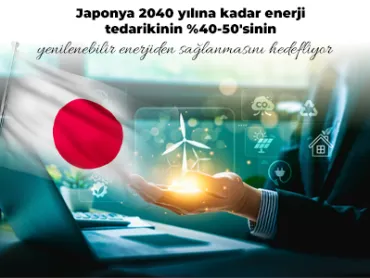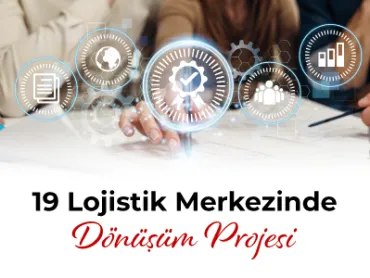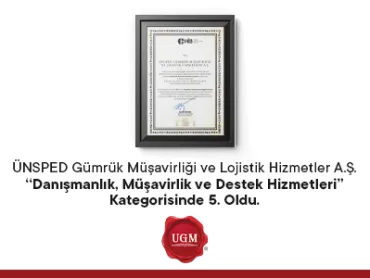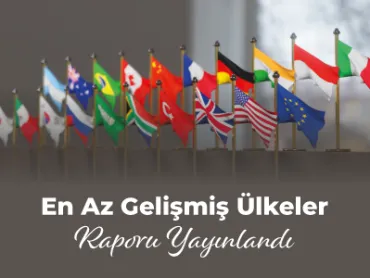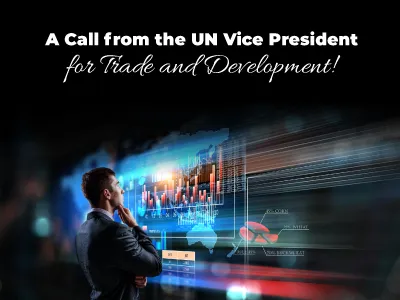
'As the World Changes, So Do We'
Under-Secretary-General Pedro Manuel Moreno reflected on the global economy and the path to a better future in Indonesia.
From expanding trade to tackling debt and climate change, stronger international cooperation is more important than ever to safeguard prosperity for all in an increasingly interconnected and multipolar world.
At a significant high-level event in Bandung, Indonesia, UNCTAD Deputy Secretary-General Pedro Manuel Moreno reiterated the call for a concerted effort to deliver on the promise of globalization that leaves no one behind. This event, a part of a series marking the 60th anniversary of the UN Organization for Trade and Development (UNCTAD), holds great importance in the global trade and development landscape.
“While much has changed over the past six decades, the 195-member organization remains a staunch advocate for developing countries on the global stage, charting a new development course in a changing world,” the event emphasized.
"Our mission is a new UNCTAD for a new world," Moreno added. "We want to provide developing countries with policy options that can lead to more and better development outcomes and advocate for greater justice and equity in global forums."
While in Indonesia, Assistant Secretary-General Moreno also met with Deputy Foreign Minister Pahala Nugraha Mansury, Minister of National Development Planning Suharso Monoarfa, Minister of Investment Bahlil Lahadalia, and Ambassador Febrian A. Ruddyard, the country's Permanent Representative to the United Nations in Geneva and currently serving as Chair of UNCTAD's Trade and Development Board.
Building New Directions
The 60th anniversary of the UN Organization for Trade and Development is an opportunity to set new directions for a more inclusive global economy. To achieve this goal, Assistant Secretary-General Moreno called for
- Accelerating regional integration to unlock trade and investment potential for the Global South.
- Accelerating investment facilitation by reducing operational costs, increasing transparency, and streamlining procedures.
- Enhance capacity building to help developing countries participate in and benefit from digitalization and technological advances.
- Reforming international financial systems to better deal with the current debt crisis affecting 3 billion people living in countries that spend more on debt repayment than education and health.
- Support developing countries to capitalize on the world's growing demand for greener products and technologies to tackle climate change, including through the Panel on Critical Energy Transition Minerals, recently launched by UN Secretary-General António Guterres.
 Back
Back

